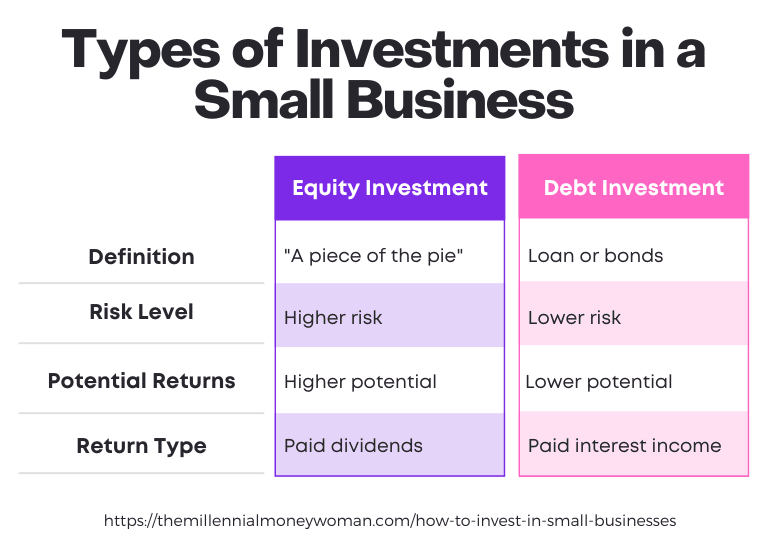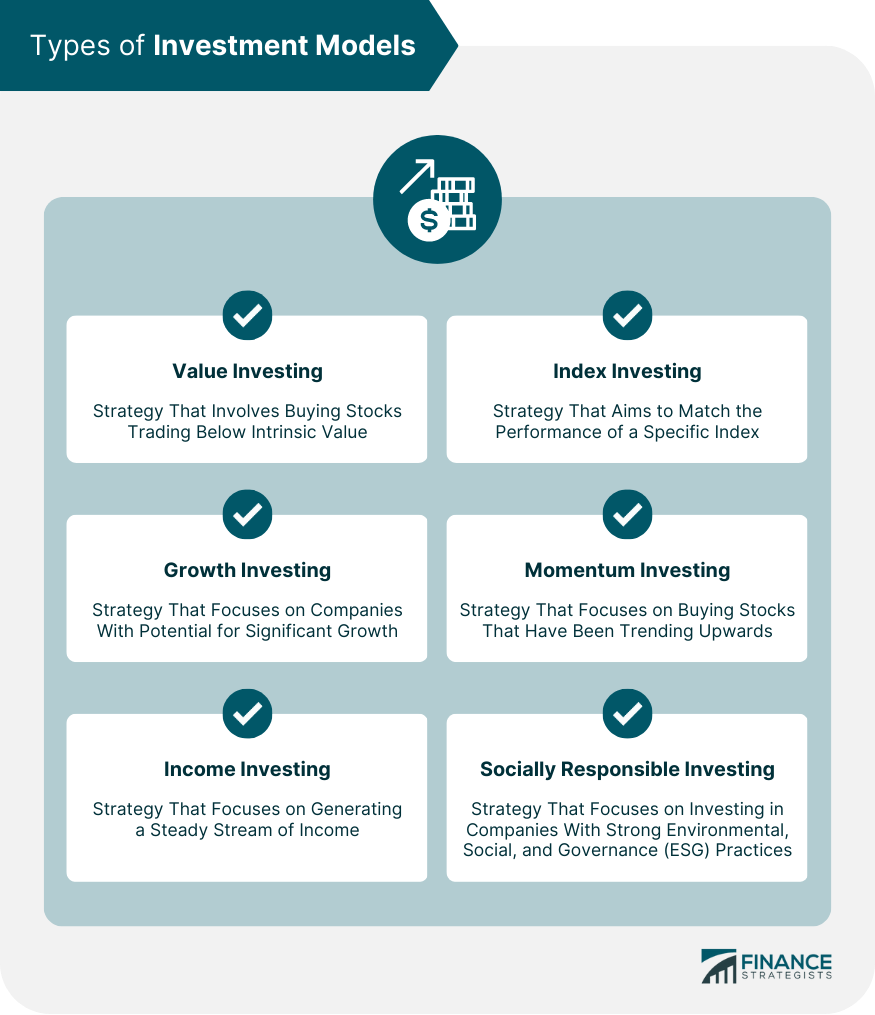Table of Contents
Financial organization An investment firm is a monetary establishment primarily participated in holding, managing and spending safeties. These companies in the United States are regulated by the United State Stocks and Exchange Payment and must be signed up under the Financial Investment Firm Act of 1940. Investment firm spend money on part of their customers who, in return, share in the earnings and losses.

Investment firm do not include brokerage firm firms, insurance provider, or banks. In USA safety and securities law, there are at the very least 5 types of investment firms: Generally, each of these investment firm need to register under the Stocks Act of 1933 and the Investment Firm Act of 1940. A 4th and lesser-known kind of financial investment business under the Investment Company Act of 1940 is a Face-Amount Certification Business.
A major kind of firm not covered under the Financial Investment Business Act 1940 is private investment companies, which are simply private firms that make financial investments in stocks or bonds, yet are limited to under 250 financiers and are not managed by the SEC. These funds are frequently composed of extremely rich financiers.
Regulated funds typically have limitations on the types and amounts of financial investments the fund manager can make. The bulk of financial investment companies are shared funds, both in terms of number of funds and possessions under monitoring.
Investment Management around Pasadena, Texas
The first investment company were developed in Europe in the late 1700s by a Dutch investor that desired to make it possible for small capitalists to merge their funds and expand. This is where the concept of investment firm stem, as specified by K. Geert Rouwenhorst. In the 1800s in England, "financial investment merging" arised with trust funds that appeared like modern investment funds in structure.

The 1929 securities market crash and Great Depression briefly obstructed investment funds. But new safety and securities guidelines in the 1930s like the 1933 Securities Act brought back financier confidence. A variety of technologies then resulted in consistent growth in investment firm possessions and accounts over the years. The Investment Business Act of 1940 regulates the structure and procedures of financial investment firms.
The act controls investment firm capital, custody of assets, deals with associates, and fund board obligations. The Investment Advisers Act of 1940 manages financial investment advisors to signed up funds and other big advisers. It develops registration, record maintaining, reporting and other requirements for advisors. The Securities Exchange Act of 1934 manages trading, buying and marketing of safety and securities including investment firm shares. In 1938, it authorized the development of self-regulatory companies like FINRA to oversee broker-dealers. The Securities Act of 1933 calls for public safeties offerings, including of investment firm shares, to be signed up. It likewise mandates that capitalists receive a present syllabus explaining the fund. "Investment firm". U.S. Securities and Exchange Compensation (SEC).
Investment Management servicing Pasadena, Texas
Lemke, Lins and Smith, Guideline of Investment Firm, 4.01 (Matthew Bender, 2016 ed.). Chaudhry, Sayan; Kulkarni, Chinmay (2021-06-28). "Layout Patterns of Investing Apps and Their Results on Spending Behaviors". ACM. pp. 777788. doi:10.1145/ 3461778.3462008. ISBN 978-1-4503-8476-6. "Investment Clubs and the SEC",, Changed January 16, 2013. (PDF). Investment Firm Institute. 2023.
In retail financial investment funds, thousands of financiers might be included via intermediaries, and they might have little or no control of the fund's activities or expertise about the identifications of other investors. The possible variety of investors in an exclusive financial investment fund is commonly smaller than retail funds. Personal mutual fund tend to target high-net-worth people, consisting of politically exposed persons, and fund managers might have a close relationship with their customer investors.

Easy funds have been growing in their market share, and in some territories they hold a considerable part of possession in publicly traded business. There are various classifications for investment funds. As an example, some are closed-end, suggesting they have a set number of shares or capital, whilst others are open-end, indicating they can expand into endless shares or resources.
The pricing, threat, and regards to by-products are based upon a hidden asset, and they enable investors to hedge a setting, increase leverage, or hypothesize on a possession's modification in worth. As an example, a capitalist could own both a stock and a choice on the exact same stock that permits them to offer it at a set rate; for that reason, if the supply's rate falls, the option still retains worth, minimizing the financier's losses.
Whilst taken into consideration, offered the emphasis of this instruction on the crawler of corporate lorries, a full therapy of the valuable ownership of possessions is outside its scope. A financial investment fund works as a channel to take advantage of several properties being held as investments. Financiers can be individuals, corporate automobiles, or establishments, and there are usually a variety of intermediaries between the financier and mutual fund as well as in between the mutual fund and the underlying monetary possessions, particularly if the fund's units are exchange-traded (Box 1).
Investment Firms
Depending upon its lawful kind and framework, the people working out control of a mutual fund itself can differ from the individuals that possess and gain from the underlying possessions being held by the fund at any kind of provided point, either directly or indirectly. Both retail and exclusive financial investment funds typically have fund supervisors or consultants that make financial investment decisions for the fund, picking safeties that straighten with the fund's purposes and risk tolerance.
and work as intermediaries in between investors and the fund, promoting the trading of fund shares. They link financiers with the fund's shares and perform trades on their behalf. take care of the enrollment and transfer of fund shares, preserving a document of investors, refining possession modifications, and providing proxy materials for shareholder conferences.
Navigation
Latest Posts
Investment Management local to Pasadena
Investment Firms
Investment Management local to Pasadena, Texas